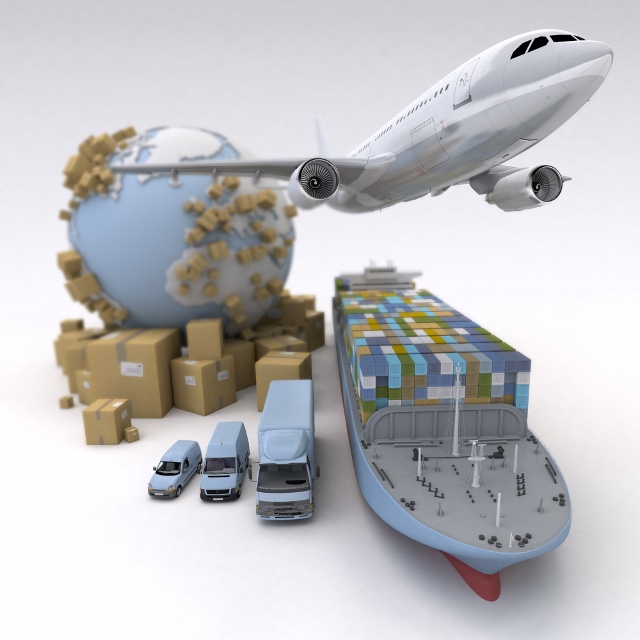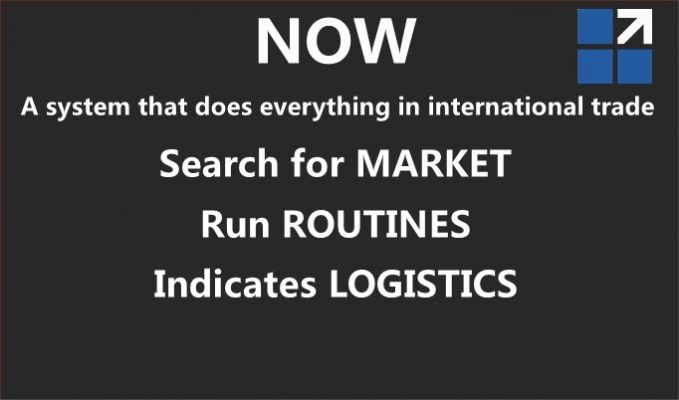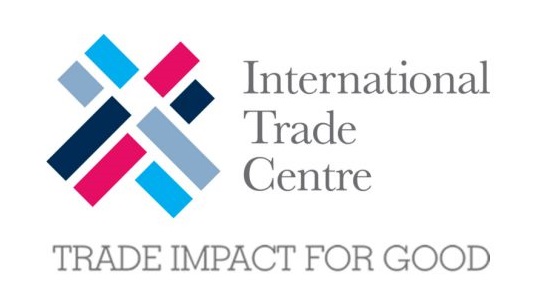Freight Forwarders: export or import
 Freight Forwarders: export or import
Freight Forwarders: export or import
An international freight forwarder is an agent that ships cargo to an overseas destination.
These agents are familiar with foreign countries’ import rules and regulations, different shipping methods, and necessary documents for foreign trade. Freight forwarders are licensed by the International Air Transport Association (IATA) to handle air freight and by the Federal Maritime Commission (USA) to handle ocean freight.
Freight forwarders assist exporters in preparing price quotations by advising on freight costs, port or airport charges, consular fees, costs of special documentation, insurance costs, and the freight forwarders’ own handling fees. They recommend the packing methods that will protect the merchandise during transit, or they can arrange to have the merchandise packed at the port or put in containers. If the exporter prefers, freight forwarders can reserve the necessary space on a vessel, aircraft, train or truck. The cost for their services is a factor that should be included in the price charged to the customer.
Once the order is ready for shipment, freight forwarders should review all documents to ensure that everything is in order. This review is of particular importance with letter-of-credit payment terms.
Freight forwarders may also prepare the bill of lading and any special required documentation. After shipment, they can route the documents to the seller, the buyer, or a paying bank. Freight forwarders can also make arrangements with customs brokers overseas to ensure that the goods comply with customs import documentation regulations.
A customs broker is an individual or company that is licensed to transact customs business on behalf of others. Customs business is limited to those activities involving transactions related to the entry and admissibility of merchandise; its classification and valuation; the payment of duties, taxes, or other charges assessed or collected; and the refund, rebate, or drawback of those charges.
You are not required to use forwarders, but they can be very helpful. Some of the larger logistics companies, such as UPS, FedEx, and DHL, are also freight forwarders and customs brokers. For more information, in the USA visit the National Customs Brokers and Freight Forwarders Association of America. Also exists the FIATA, a non-governmental organization, that represents today an industry covering approximately 40.000 forwarding and logistics firms, according to them.
Your company should seriously consider having the freight forwarder handle the documentation that exporting requires. Forwarders are specialists in this process. Several documents are commonly used in exporting, but the ones required in a particular transaction depends on the requirements of the government of the exporting country and the government of the importing country.
In the INTRADEBOOK platform for doing international business, developed in several languages, with users in more than 90 countries, there is the InService module where the providers of foreign trade and logistics services are listed, such as Freight Forwarders, Export and Import Consultants, Customs Brokers, Insurance Companies, Banks, International Transport Companies and other services to assist you in your export or import.







